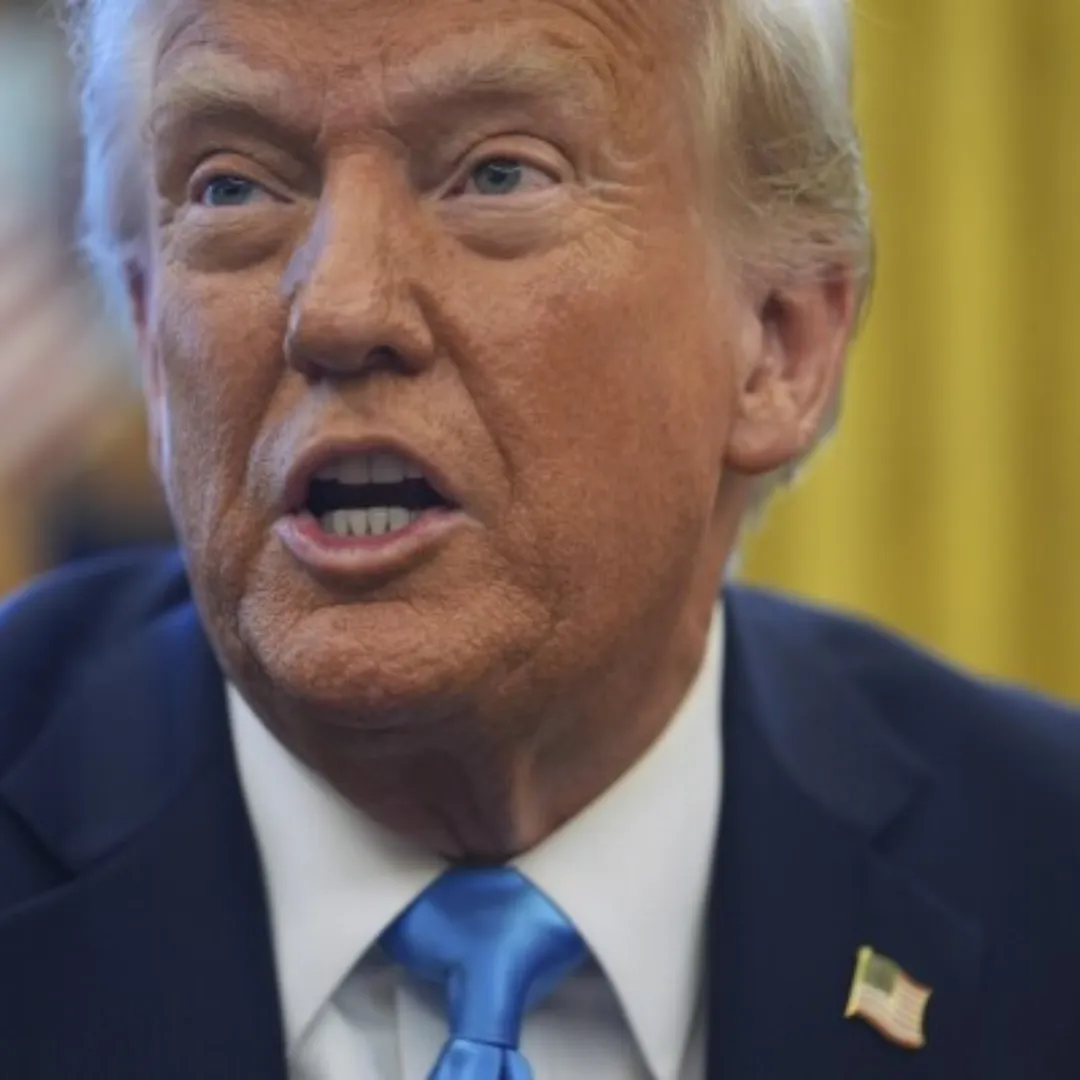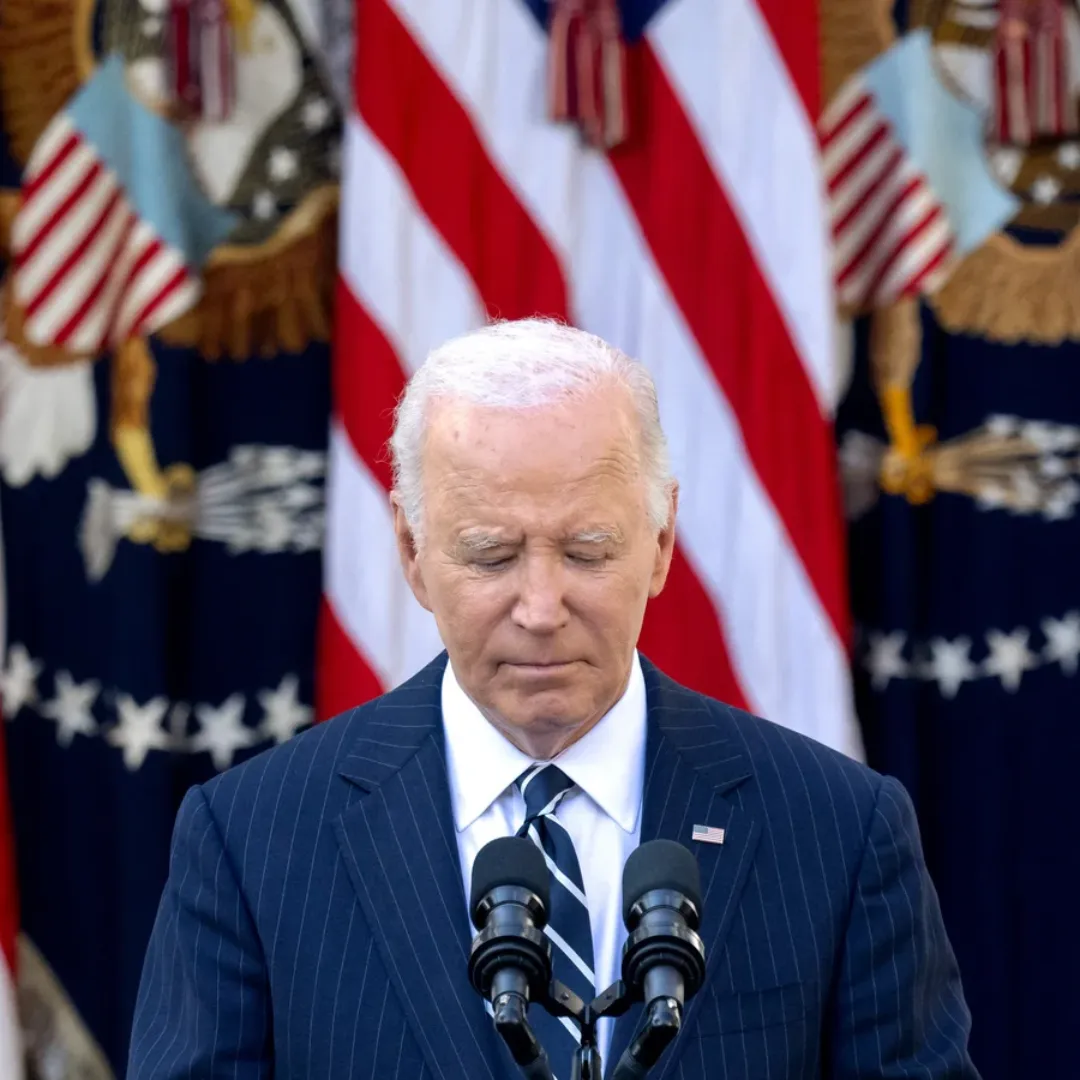In a move that positions Illinois as a national leader in the protection of privacy for individuals with autism, Governor JB Pritzker signed a historic executive order on Wednesday, making the state the first in the nation to restrict the mass collection and sharing of autism-related data.
This order comes as a direct response to the recent rhetoric from Robert F. Kennedy Jr., the U.S. Health and Human Services Secretary, who has proposed a sweeping effort to investigate the causes of autism, including the possibility of environmental factors being involved.
The executive order addresses growing concerns about the potential creation of federal autism registries or databases that could be established without sufficient legal safeguards or accountability.
This new directive reflects increasing anxiety about how such data could be collected, stored, and shared, and the possible implications it could have on the rights and privacy of individuals with autism and their families.
In a statement following the signing, Pritzker emphasized the importance of protecting the dignity, privacy, and freedoms of all Illinois residents. “Every Illinoisan deserves dignity, privacy, and the freedom to live without fear of surveillance or discrimination,” Pritzker said.
“As Donald Trump and DOGE threaten these freedoms, we are taking steps to ensure that our state remains a leader in protecting the rights of individuals with autism and all people with disabilities.”
The governor's executive order is particularly notable in its focus on ensuring that autism-related data is only collected, stored, and disclosed when it is absolutely necessary, such as for medical care, legal compliance, or program eligibility.
Any such data collection or disclosure must comply with strict privacy and data protection rules, and efforts to ensure that information is shared only when legally required are underscored throughout the order.

Illinois has become the first state in the nation to formally restrict the collection and sharing of autism-related data in this way, setting a precedent for other states to follow.
The new law requires that any personal data related to autism can only be disclosed under specific circumstances. These include when such disclosure is necessary for care, legal compliance, or eligibility for programs and services.
Even in these situations, data disclosure must be the minimum required to meet legal obligations and must prioritize privacy, ensuring that the information shared is as anonymized as possible.
The scope of the order is also expansive, covering not only state agencies but also contractors, vendors, and grantees that work with state agencies. These third-party entities are prohibited from collecting, storing, or sharing autism-related data unless required by law, ensuring that sensitive information remains safeguarded.
Furthermore, the order mandates that all disclosures of autism-related data must adhere to the highest standards of privacy and must avoid unnecessary or excessive sharing of personal details.
The controversy surrounding the creation of autism registries or data collection efforts has escalated in recent months, particularly after comments made by Robert F. Kennedy Jr. In a series of statements, Kennedy called autism a "preventable disease" and referred to it as an “epidemic.”
He further provoked anger among autism advocates and families when he labeled the condition as a "tragedy" that "destroys families."
“These are kids who will never pay taxes, they’ll never hold a job, they’ll never play baseball, they’ll never write a poem, they’ll never go out on a date. Many of them will never use the toilet unassisted,” Kennedy said during a press conference in April.

These remarks sparked outrage within the autism community, as many saw them as disparaging and dismissive of the lived experiences of people with autism and their families.
Kennedy later clarified that he was specifically referring to individuals with "profound autism" but the damage had already been done, with many feeling that his language was harmful and reductive.
Kennedy’s comments on autism have long drawn controversy due to his association with the widely discredited theory that vaccines cause autism. Although this theory has been thoroughly debunked by the scientific community, Kennedy has continued to promote it, further polarizing his views on the issue.
During a Cabinet meeting with President Trump last month, Kennedy announced his plan to launch a “massive testing and research effort” aimed at determining the cause of autism, which he said would involve hundreds of scientists and would be completed by the fall.
This announcement came alongside his suggestion that environmental factors, including potential exposure to chemicals or vaccines, may be a contributing cause.
Kennedy's statements have ignited heated debate not only in the scientific and medical communities but also within the political sphere. President Trump, who has expressed support for some of Kennedy's controversial views, weighed in during the same Cabinet meeting, suggesting that there must be an "artificial" cause for the rise in autism diagnoses.
"There’s got to be something artificial out there that’s doing this," Trump said. "If you can come up with that answer, where you stop taking something, eating something, or maybe it’s a shot. But something’s causing it."
The President's comments, paired with Kennedy’s rhetoric, have prompted widespread concern among autism advocates and medical professionals who argue that such claims are not only unsubstantiated but could also foster stigma against individuals with autism.

They fear that continuing to link autism with discredited theories could further isolate and marginalize people with the condition. The impact on families, who already face significant challenges in accessing support and services, would be severe if these unfounded theories gained traction in public policy.
In contrast, Pritzker’s executive order represents a step toward protecting individuals with autism from harmful generalizations and preserving their privacy in a climate of increasing surveillance and data collection.
His action is a clear statement that Illinois will not tolerate the unchecked mass collection of sensitive health data without proper safeguards and accountability.
This is especially important as the conversation around health data privacy becomes increasingly contentious with the rise of digital technologies and national databases.
The governor's move is seen by many as a necessary counterbalance to the push from the Trump administration to create expansive data collection efforts without appropriate oversight.
The debate around the collection and sharing of autism-related data, particularly in light of the rhetoric from key figures like Kennedy and Trump, highlights the need for clear legal frameworks to ensure that individuals’ personal health information is protected from exploitation or misuse.
For many advocates in the autism community, Pritzker’s action is a welcome and necessary safeguard against potential overreach by federal authorities. It reflects a growing movement across the country to limit the reach of government surveillance and ensure that vulnerable populations are not subjected to unnecessary scrutiny or discrimination.
With this executive order, Illinois has become a leader in the fight to protect the rights of individuals with autism and their families.
As Illinois becomes the first state to take such a significant step to protect autism data, advocates hope that other states will follow suit.
The executive order sends a strong message to both the public and the government that the privacy of individuals with autism must be prioritized and that any efforts to collect and share such data must be done in a way that is transparent, accountable, and respectful of civil liberties.
The executive order signed by Pritzker is more than just a response to the actions of the Trump administration and the rhetoric surrounding autism. It is a powerful reminder that protecting the privacy of all individuals, including those with autism, is crucial to maintaining the dignity and rights of every American.
As we move forward into an era of increasing data collection and surveillance, the need for strong legal protections for sensitive health information will only continue to grow.
Pritzker’s leadership in signing this executive order positions Illinois at the forefront of this vital issue, and as the conversation around autism data collection continues to unfold, it is clear that the state will remain a leader in defending the privacy and rights of its residents.





